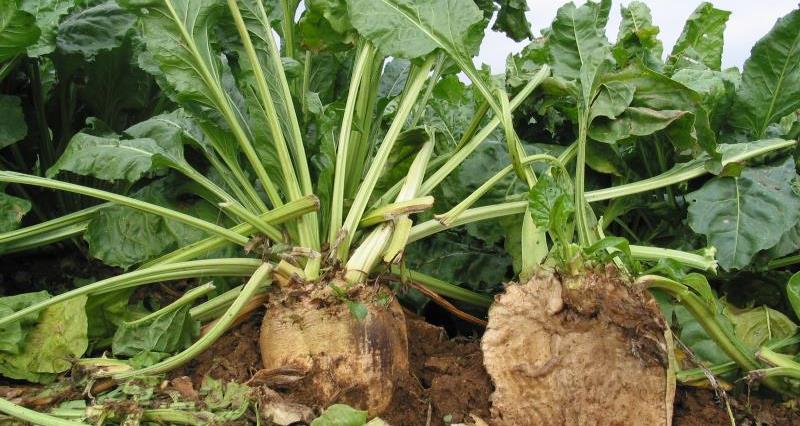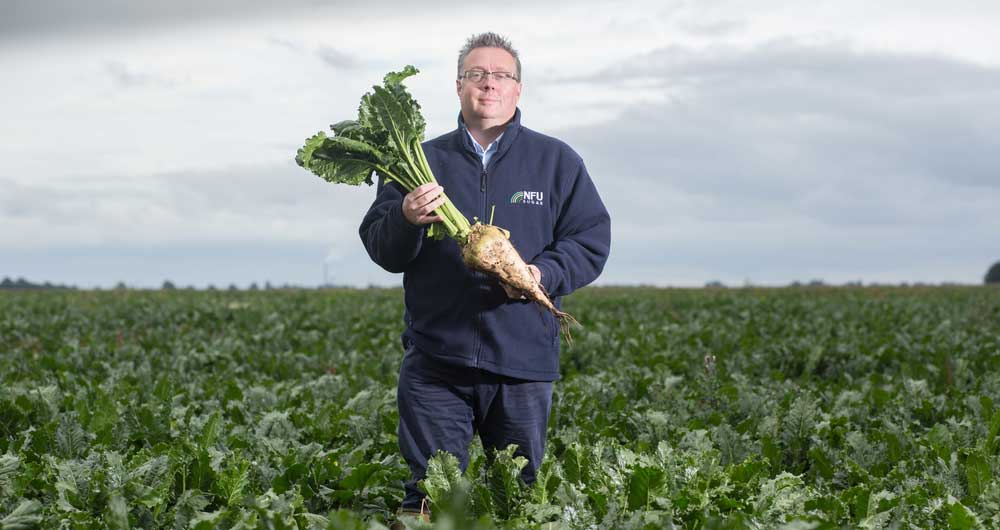It is two months since I wrote my original message on coronavirus. However, it is time to reflect as we slowly move towards a new socially distanced normal. The end of the campaign already seems like a distant memory and as with all growers my focus is firmly on the crop in the ground. We have had a tough start this spring with dry weather causing the crop to have an uneven emergence and a slow start. Many are in dire need of rain and I know many of you are concerned about the effects on potential yield.
Click here to use the NFU's COVID-19 business impact service.
By using this form, farmers and growers can provide information on any business-critical issues they have encountered, or expect to encounter, arising from the COVID-19 outbreak. The NFU will log this information and use it in an anonymised format to flag the key issues agriculture and horticulture are facing to government on a daily basis. However, no personal data will be shared with the government. The service is for all farmers and growers across the UK.
Since the coronavirus outbreak the major effect on the sugar industry has been the weakening of the world sugar price. The impact of coronavirus on oil markets has reduced the value of ethanol and therefore is expected to lead to a large amount of sugar cane, particularly in Brazil, being diverted into sugar production instead. The average European white sugar price, as reported by the EU Commission, does not yet appeared to be impacted, but this is due to the nature of the price reporting which is mainly made up of values contracted at the beginning of the season. However, with imports from the world market now available at very cheap prices and the potential for buyers and refiners to lock in these prices for the upcoming campaign, there is a risk that European sugar markets suffer the impact of the pandemic over the next year to come.

The other major threat this spring comes from Virus Yellows disease to sugar beet plants. Aphid numbers are high across the region and growers are working hard to manage the threat. NFU Sugar continues to work closely with British Sugar and the BBRO to lobby for the necessary plant protection products, most recently securing emergency authorisations for growers to use Biscaya, Insyst and/or Gazelle depending on availability in their networks. None of these come near to the protection provided by neonicotinoid seed treatments but it is the best outcome we can hope for presently.
Despite the pandemic, as always our focus is on the future and we are collaborating on a trial programme with British Sugar and BBRO which will, for the first time, provide growers with impartial information on all commercially available seed technologies in the market. The trials are being carried out independently by the BBRO and funded solely by the UK sugar beet industry. The programme will assess a number of priming and pelleting treatments with the ultimate aim to provide every grower with the best processed seed for their conditions and the knowledge to choose it.
NFU Sugar is looking at possible longer term consequences of the pandemic. We are seeing the UK public support homegrown food more than ever and I hope this continues long term.
Let us continue to support one another and look out for each other as we face these unprecedented times.
Coronavirus: Updates and advice
This news hub on NFUonline will be updated regularly to keep you up to date with what you need to know and how to deal with the various issues raised by coronavirus. Visit the hub.
